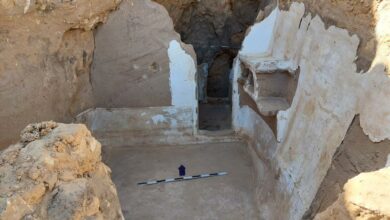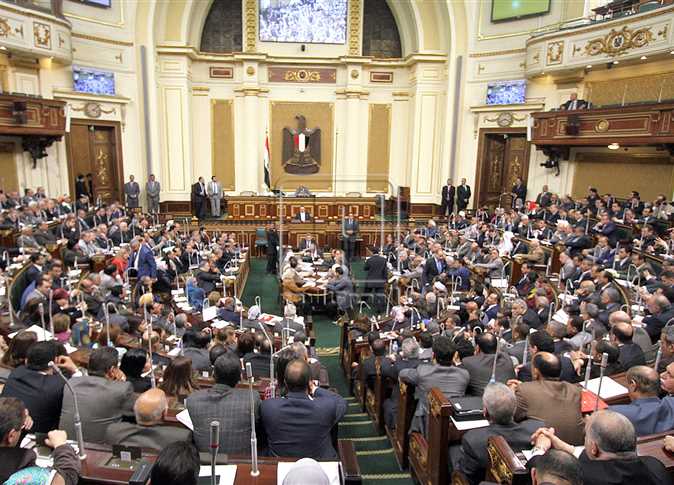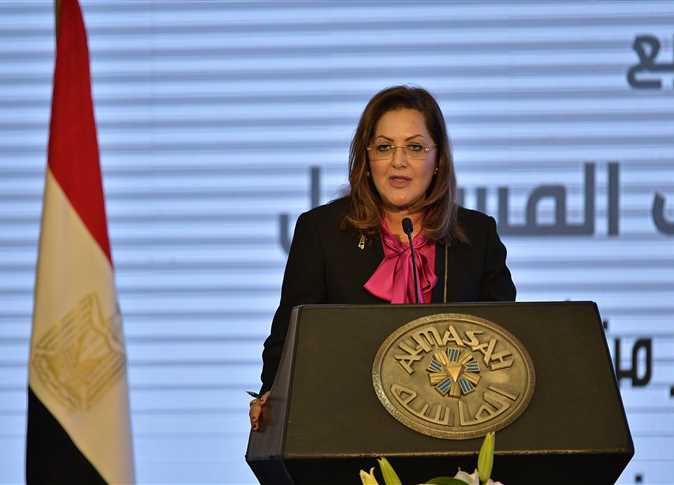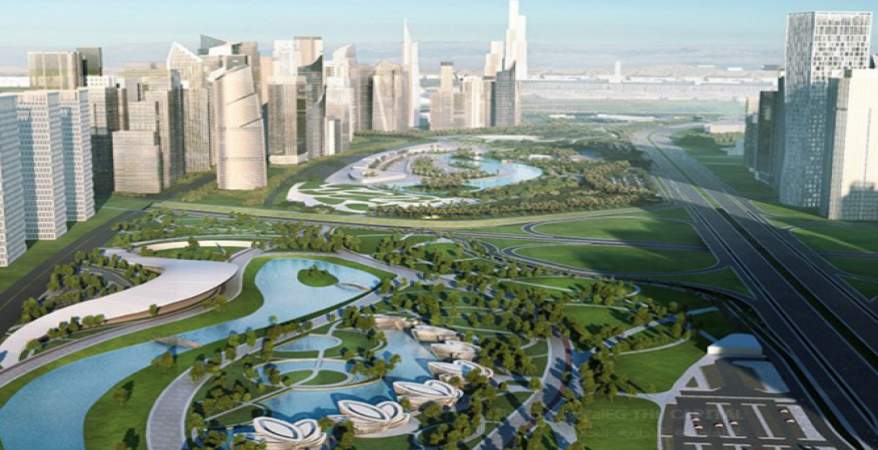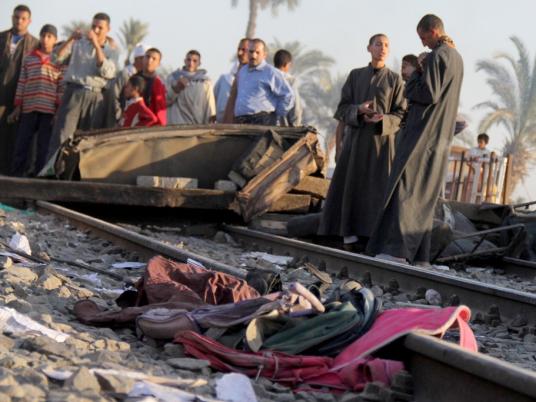
In the village of Mandara in Assiut, wooden benches set outside the houses of the grieving families to receive mourners tell of the tragedy that hit the village on 17 November. When a train slammed into a bus, the collision killed 51 children and injured another 18. The bus driver and his assistant were also killed.
The crash was followed by public outrage. President Mohamed Morsy quickly accepted the resignations of the head of the Railway Authority and the transportation minister. Fluctuating figures of compensation were announced for the families of the deceased children. But back in the village, the language of “compensation” is not exactly soothing the pain of the families, who see years of negligence and marginalization in the accident.
Mohamed Shehata, who lost his nephew Mohamed in the train crash, bitterly remarks that so far the declared sums for compensation have been nothing but mere announcements.
In the home where Iman and Ayat Yehia Hamdan used to live, their father explains how the use of the word “compensation” by public officials and the media in the wake of the crash has been insensitive to the pain of the grieving families.
“Citizens are entitled to social assistance from the state in times of accidents. But calling it compensation insults the grief-stricken families,” Hamdan says, going on to point out the difference between social assistance and legal compensation to which the victims are entitled after a thorough investigation has identified the wrongdoer.
In a neighboring house, where 10-year-old Doaa Gamal Sayed Shehata is still recovering from her injuries, her father bitterly laughs away remarks about financial compensation. Along with the other families of the deceased children, he had heard about the fluctuating sums — between LE1,000 and LE50,000 — from media sources. However, the family, which also lost their son in the train crash, has not been approached by any official representative to discuss financial matters.
Both Hamdan and Shehata abhor the way in which financial compensation for the accident has been employed in political battles insulting the memories of the village’s children.
Hamdan, who has been a lawyer for more than 22 years, is eager to see justice served. He is most angry at the way in which the media and the press have used the fatal crash as a means through which to settle political scores and wage partisan battles between feuding groups.
“This taints the pure blood of our children,” Hamdan says. Sitting underneath a Morsy election campaign poster, Hamdan explains that the state of disrepair in Upper Egypt when it comes to the railways and other facilities was perpetrated by the former Mubarak regime, which actively marginalized the south.
“This is changing today,” he says, “but it is too soon to hold Morsy — who has only been president for a few months — accountable for such accidents.” He disagrees with activists who pointed to this particular accident as a sign of the ineptitude of the government and who demanded the resignation of Prime Minister Hesham Qandil and his Cabinet.
“We don’t need money from any entity,” Shehata says, “we’d rather the government spend these sums they are announcing on improving the railway facilities — or even toward improving the health and education facilities in the village.”
He reasons that the means of communication between train stations and crossings could do with some technological improvement; a newly installed telephone, which likely could have prevented the accident, costs much less than the sum of the compensation for one injured person as announced by Morsy in his speech last Friday.
“Instead, the telephones currently being used between the crossing and the station have been in use since the British constructed them many decades ago,” he remarks.
Resentment of this negligence, which characterizes the public facilities in Assiut, was provoked to escalate when only three days after the fatal collision, another accident was narrowly avoided at the very same site. Residents in Mandara explain how before the fact finding committee had even left the village, another train sped through the crossing unannounced. “It was only God’s blessing that prevented another accident,” Shehata says, “but this is how things are over here.”
The general state of disrepair of the health, transportation and education facilities in Assiut is a growing source of rage for the residents of the village, especially the younger generation. Gaber Mohamed Gaber, 19, laments that these children wouldn’t have even had to take an overcrowded bus to a school in a neighboring village had there been an adequate school in their own village.
Gaber was in Suez, where he works in construction, when the accident took place last week. He quickly made the trip down south to help the grieving families. “What I saw when I arrived at the scene of the accident was horrific, but what I later found out was even more shocking,” he says.
Gaber learned that the railway-crossing worker had received two unanswered calls from the station about the passing train, which were five minutes apart. He questioned how the railway authorities could even attempt to convince the children’s families that the crash was the bus driver’s fault. “Would a bus driver with more than 50 children on a bus be able to hear the sound of an approaching train?” he wonders.
Many residents in Mandara are angry that the Railway Authority had scrambled to lay the blame on the bus driver — who is a respected figure in the community — to divert attention from their own negligence.
But Gaber explains that even though there was sympathy shown to the grieving families from all over the country, and public figures visited so show support for them, he feels that Upper Egypt remains misunderstood and misrepresented.
Gaber reluctantly smirks as he speaks about one sports icon who visited the village to offer his condolences, but who adamantly refused to get out of his car during the visit. “He explained that he doesn’t feel safe in Upper Egypt,” Gaber says with a laugh. “People don’t know much about Upper Egypt,” he adds, “and yet everything that goes wrong in the country somehow gets blamed on us.”
Back in Gamal Shehata’s house, both parents spoke of their children in the present tense. “Mohamed is the gentlest of my children,” his father says. “He never goes anywhere without checking with me first.
“He has the kindest heart,” Shehata adds as he pulls out a recent photo of eight-year-old Mohamed.
This piece was originally published in Egypt Independent's weekly print edition.

